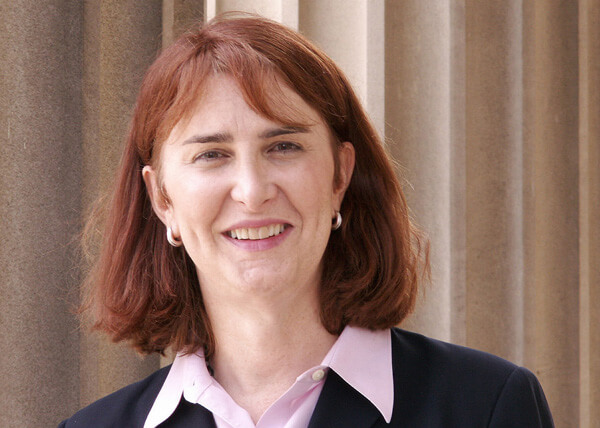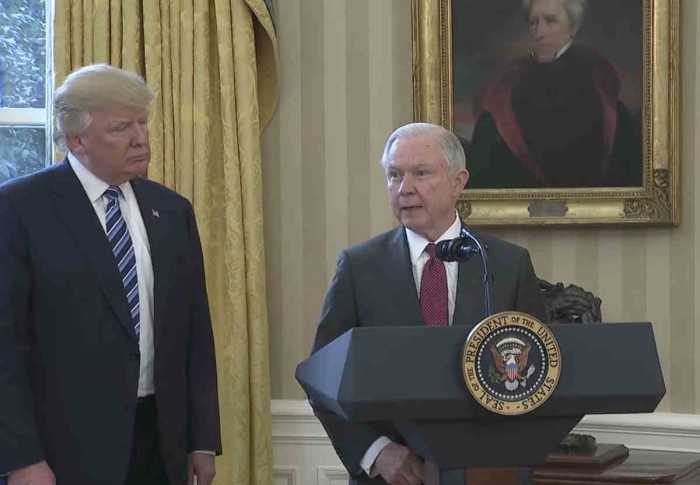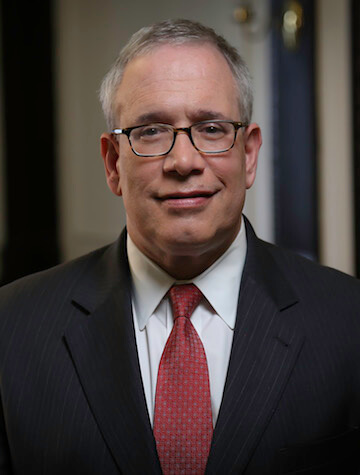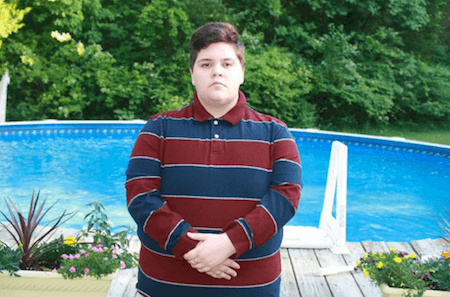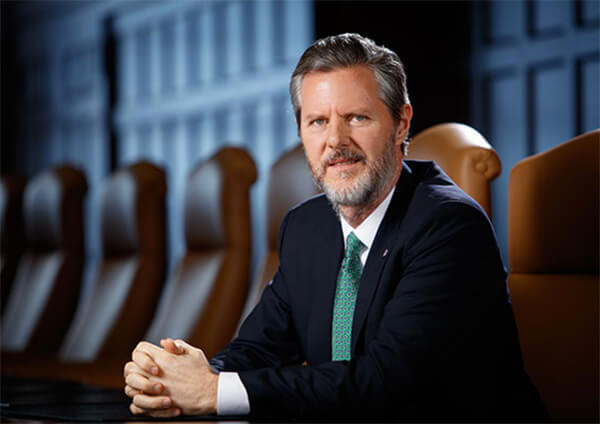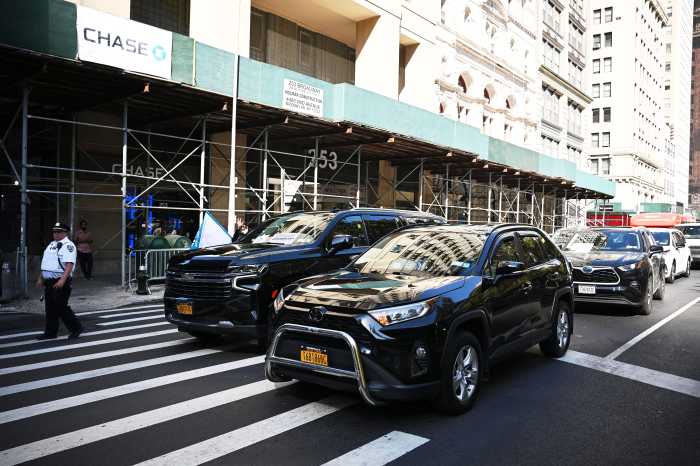As Massachusetts approaches 10 years of legal same-sex marriage, licenses filed with that state’s health department suggest that most gay and lesbian residents there have not taken advantage of the freedom to marry in that state.
Male couples entered into 9,157 marriages from mid-2004 through the end of 2013, and 15,079 female couples married in Massachusetts in that time.
Assuming — as a recent Gallup poll in that state suggested — that 4.4 percent, or 230,099, of the 5.25 million adults in the Bay State are gay or lesbian, then 48,472, or just 21 percent, of them are married. This is a very rough calculation — that likely includes some people who live in other states, but married in Massachusetts.
Advocates for AIDS, transgender rights, and fundamental social change question what the opportunity cost has been
The state data also shows that same-sex marriages hit a high in 2004, with 2,176 male couples and 3,945 female couples marrying in the first seven months that such unions were legal. In each of the following years, marriages among same-sex couples never again hit those levels and typically equaled roughly a third of the 2004 totals, though the numbers fluctuated.
As LGBT groups appear to be escalating in the fight to win marriage, only a few in leadership positions are questioning the pursuit of this goal or asking if other community issues are being ignored.
“I’ve always thought that it was unfortunate and shortsighted that marriage became such a disproportionate focus of the movement,” said Mara Keisling, executive director at the National Center for Transgender Equality, an advocacy group. “Certainly, there has always been other stuff going on, but the movement was retooled sometime over the past decade to become largely a marriage movement.
Keisling, a “big believer in marriage equality,” is not alone. In a January 22 story on Al Jazeera America’s web site, Sharon Stapel, the executive director of the New York City Anti-Violence Project (AVP), and Laurie Essig, a professor of sociology and gender studies at Vermont’s Middlebury College, discussed the negative impact that marriage has had on other issues.
Stapel, who is married and began a three-month parental leave on January 31, referred questions about that article to AVP.
“It sparks an interesting conversation,” Shelby Chestnut, AVP’s co-director of community organizing and public advocacy, said of the Al Jazeera article. “It sort of points to the fact that we have made great progress with regard to marriage… But we haven’t made a lot of national progress with regard to insuring equality for a lot of folks.”
Stapel’s comments were “taken out of context” in the article and AVP’s mission is “inclusive of marriage,” Chestnut said.
Essig told Gay City News that the marriage fight was “an opportunity cost” that was diverting resources from other important issues to win a right for a subset of the community.
“A social movement by definition is about changing the structure of a system,” Essig said. “An individual rights movement is about getting your rights within the structure… [Marriage] is an individual rights movement that primarily benefits the most privileged among us.”
LGBT groups slowly joined the marriage fight, which dates to the early 1970s but began in earnest in the early ‘90s. The groups plunged in when they found there was a constituency that would fight for and fund such a battle. While the broader community has never debated whether marriage should be its primary goal, there have been voices that have consistently challenged the pursuit of marriage.
Some AIDS activists have criticized LGBT groups for abandoning the fight against HIV to chase marriage. This is more poignant as activists believe that using newer approaches to prevention, including pre-exposure prophylaxis, post-exposure prophylaxis, and treatment as prevention, along with condoms and other longer-standing tools could have a significant impact on the epidemic. Some AIDS activists are talking about ending the epidemic with these tools.
At a forum held at Gay Men’s Health Crisis, an AIDS group, last July, Thomas Krever, the executive director at the Hetrick-Martin Institute, a group that serves LGBT youth, described a White House meeting he attended with other LGBT organizations. There were boos and groans from the audience when Krever said the first topic discussed at that meeting was marriage.
Marriage does not solve all problems. It does not protect LGBT spouses in the 29 states that still allow discrimination based on sexual orientation and gender identity in employment, housing, and public accommodations. The movement to enact such anti-discrimination laws has largely stalled, though not entirely.
Another concern is whether, once marriage is won, there will be adequate resources or even interest in pursuing any unfinished business. New York enacted marriage in 2011. Since then there has been no real traction in Albany to add gender identity, a category that would protect transgender people, to the state’s anti-discrimination law.
“We know that in a lot of states, once marriage is won or lost, the LGBT infrastructure withers,” Keisling said. “When the fight’s over, or even temporarily lost, everybody pulls out… I just hope people keep their eye on the ball once we win marriage. There’s still a lot to do.”

